Sustainable wellbeing and green living
Let's find ways to Flourish!
Start a new family tradition with the Christmas Bird Count!
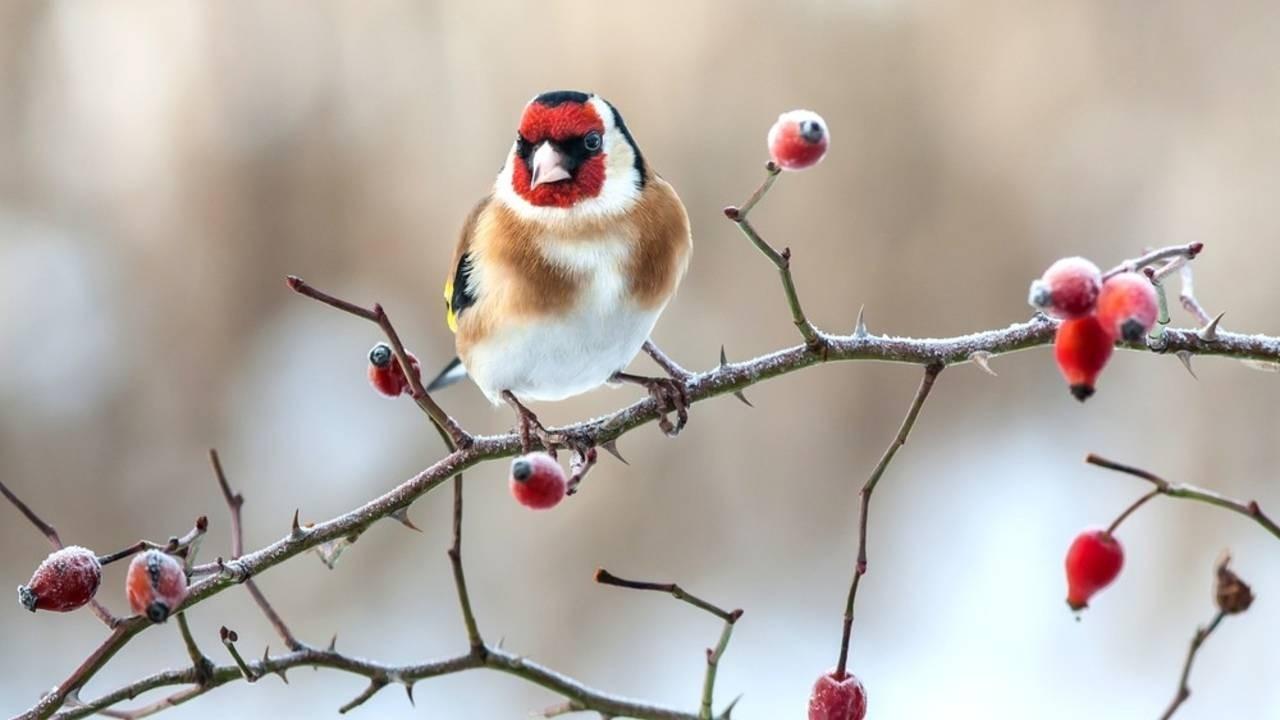
Around this time of year, many of us take part in traditions that bring us closer together and signal the start of the holiday season. Whether these traditions are unique to your family, workplace, community, or county, they have a way of bringing cheer and making this time of year special. Maybe this holiday season is the right time to add a new tradition to your list! The National Audubon Society hosts a Christmas Bird Count every year which can always use new volunteers!
This is Citizen Science!
It is a great way to spend time outdoors and contribute to citizen science - where everyday citizens can contribute their time and efforts to collecting information about the natural world. What a fun way to enhance your walk or family adventure by gathering information, contributing to research, and advancing science! The Christmas Bird Count is just such a program, and a really fun way to engage with birds during the winter.
The Christmas Bird Count is an early-winter bird census that p...
Want to contribute to Citizen Science?

Science lovers are everywhere! You don’t need a degree in science to know that you love learning, looking at data, and contributing to our collective knowledge about the natural world. Whether your interest in science stems from your desire to know more about the world around you, the intellectual challenges it provides, or educating the children around you, there are ways that you can be a part of scientific research!

It is not uncommon for individuals to believe that there is no space for ordinary citizens when it comes to scientific research. This is not the case! The truth is that you -don’t- have to have a PhD in order to participate in scientific research. Whether you are interested in learning about the ecosystem function of a specific species or the impacts of pollution on water bodies, there is a way that you can collaborate with scientists and researchers in order to gather important data and make a difference in the scientific community! Through citizen science projects t...
The secret to getting the most out of your time in nature
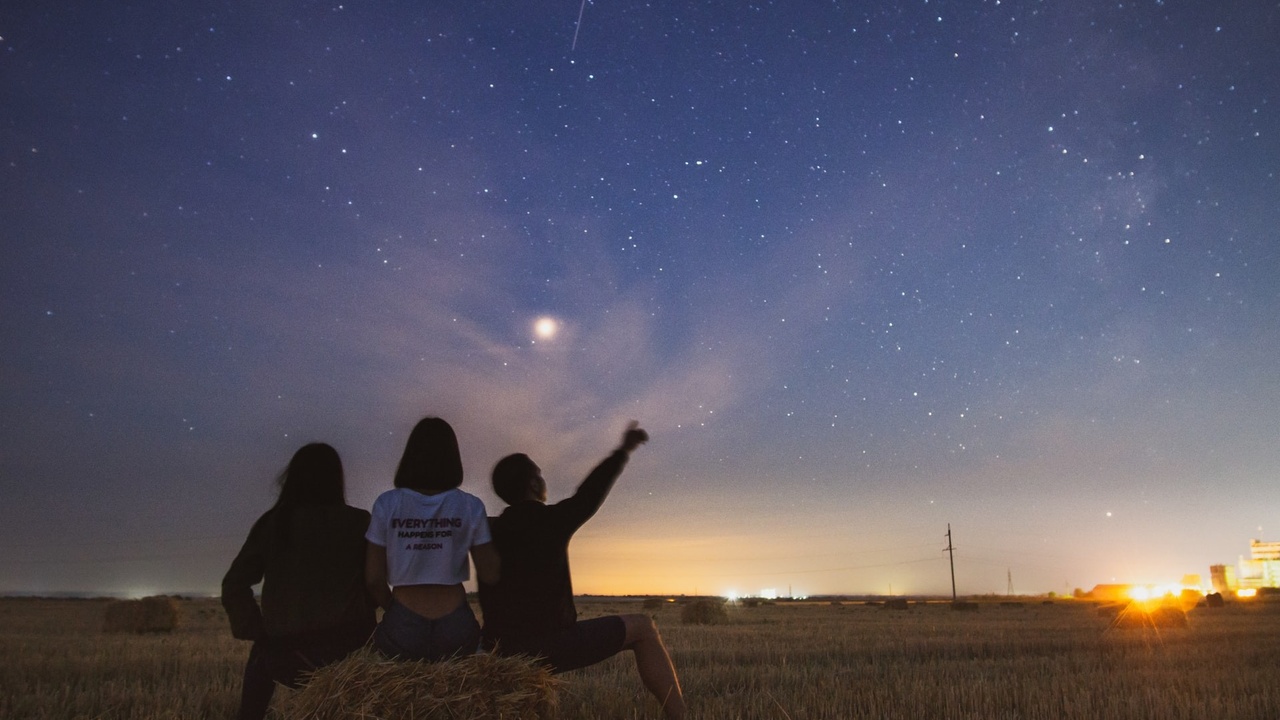
“Everybody needs beauty as well as bread, places to play in and pray in, where nature may heal and give strength to the body and soul.” – John Muir
Humans have been connected to nature since the dawn of time, but as our lifestyles continue to change and evolve, people are spending less time outdoors.
This means a feeling of a lost or broken connection between us and the natural world. We sometimes think of nature as being quite separate from us, and just - out there - in the woods or what we see while on vacation. but the reality is that nature is all around us all the time, and we interact directly with it, we are just not aware of these interactions.
Really, do you think about the sun's energy in that spaghetti sauce? Or did you consider the role of the bees in pollinating your apple? Probably not.
The same thing is often true of our time spent outdoors. We are often more aware of the need for sunscreen or insect repellent than we are of the intricate web of life all around u...
From the Flourishing Community
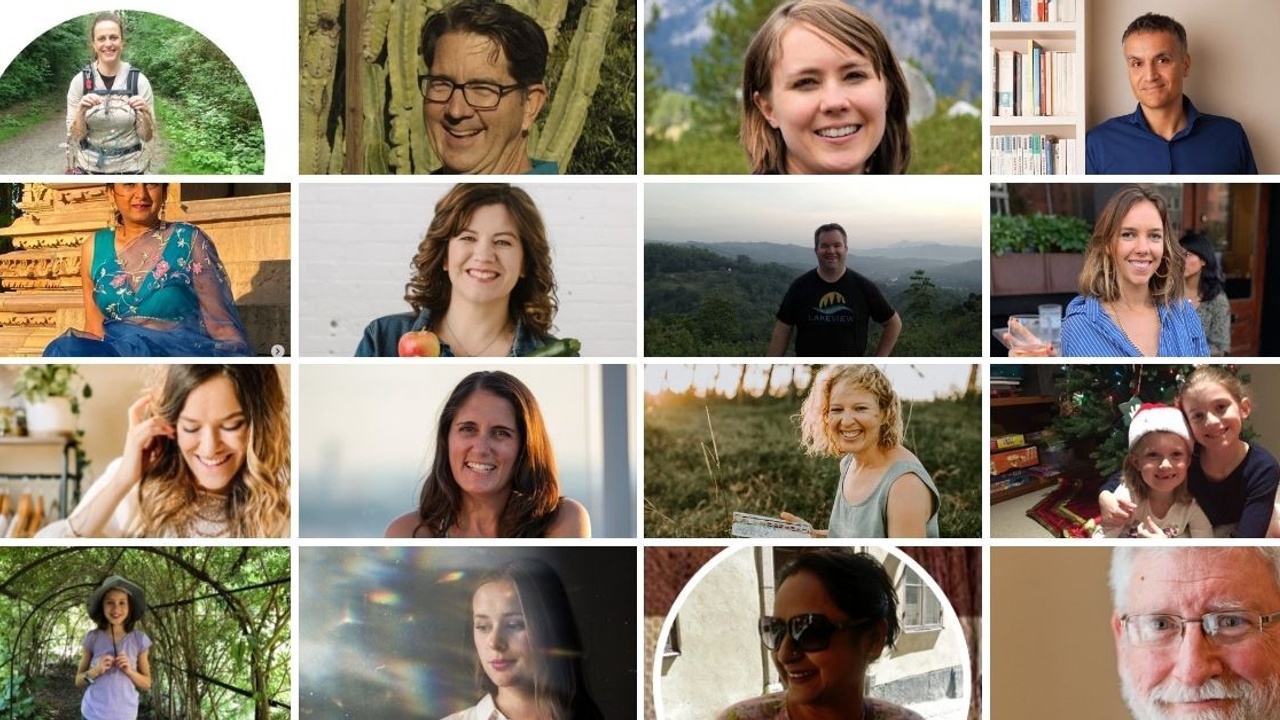
In honour of the 100th edition of the Flourishing Fridays newsletter, I thought it would be great to profile some of the amazing work that folks in this community are doing. Sharing some inspiration and celebrating our wins, big and small. Together we are learning about how to live more sustainably, how to spread the ideas of green living and to enjoy life more!
What an amazing and inspiring list!
Aditya is helping to educate others about the importance of protecting wilderness.
AJ fixes appliances, builds with reclaimed lumber, raises bees and enjoys time in nature.
AK – promotes thrifted fashion for badass Millennials on her social media accounts.
Angelika got small recycling bins for her condo complex and avoids wasting food.
Anuradha – runs sustainable clothing companies using all traditional textiles and zero waste production that also provides employment for women in India.
Amanda is eating more local food and loves to support local businesses.
Anders helps kids in low-in...
Recipe for a Litterless Lunch
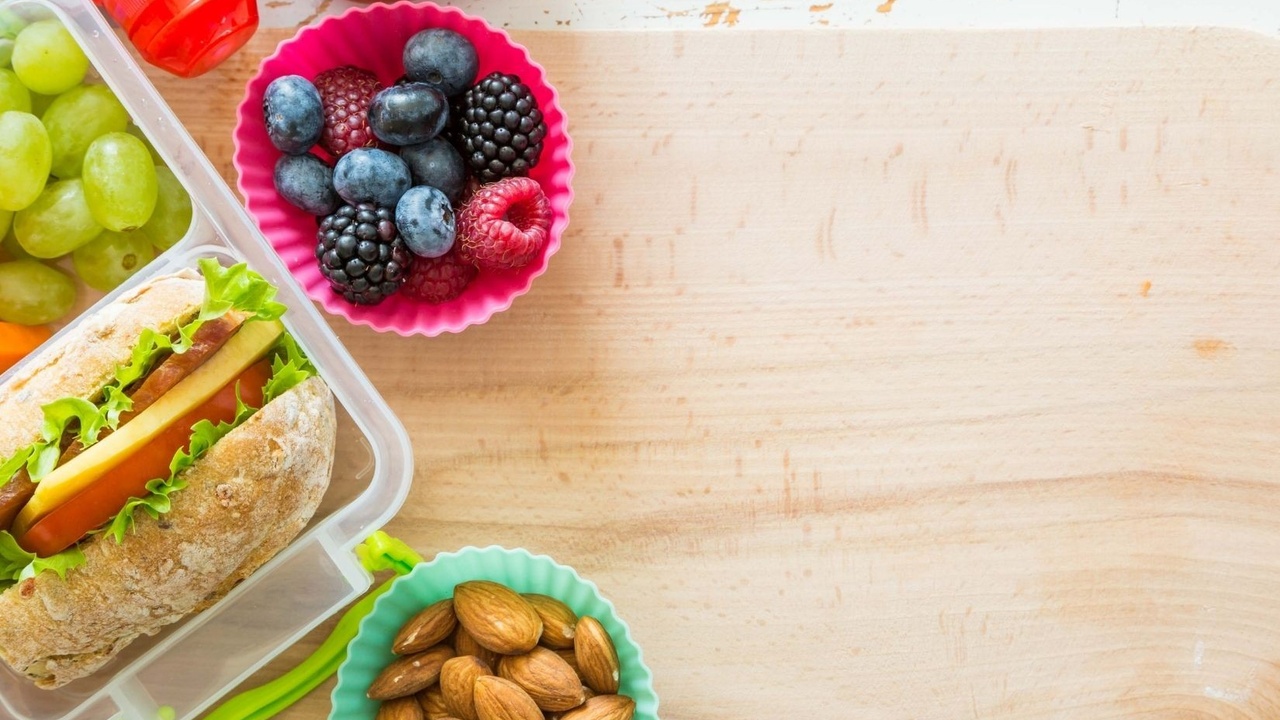
Every meal is an opportunity to live sustainably. This is a topic we’ve explored before – the food we eat has a significant impact on the environment. Some negative consequences of our food choices include excess carbon and other greenhouse gas emissions, synthetic chemical use, animal welfare problems, unfair labour, wasteful packaging, and environmental pollution.
On the other hand, making positive food choices like eating local, choosing organic, and growing your own produce help mitigate these issues and bring you one step closer to sustainable wellbeing.
In short - food is one of our most direct connections to the natural world, and we can really make a difference to our wellbeing and that of the planet with our food choices.
However, being environmentally conscious when it comes to our food choices isn’t just about the food itself, but also about the way we package our meals when we’re on the go.
We can elevate our food choices by looking at the big picture – how our food is ...
Raising Eco Minimalists with Laura Durenberger
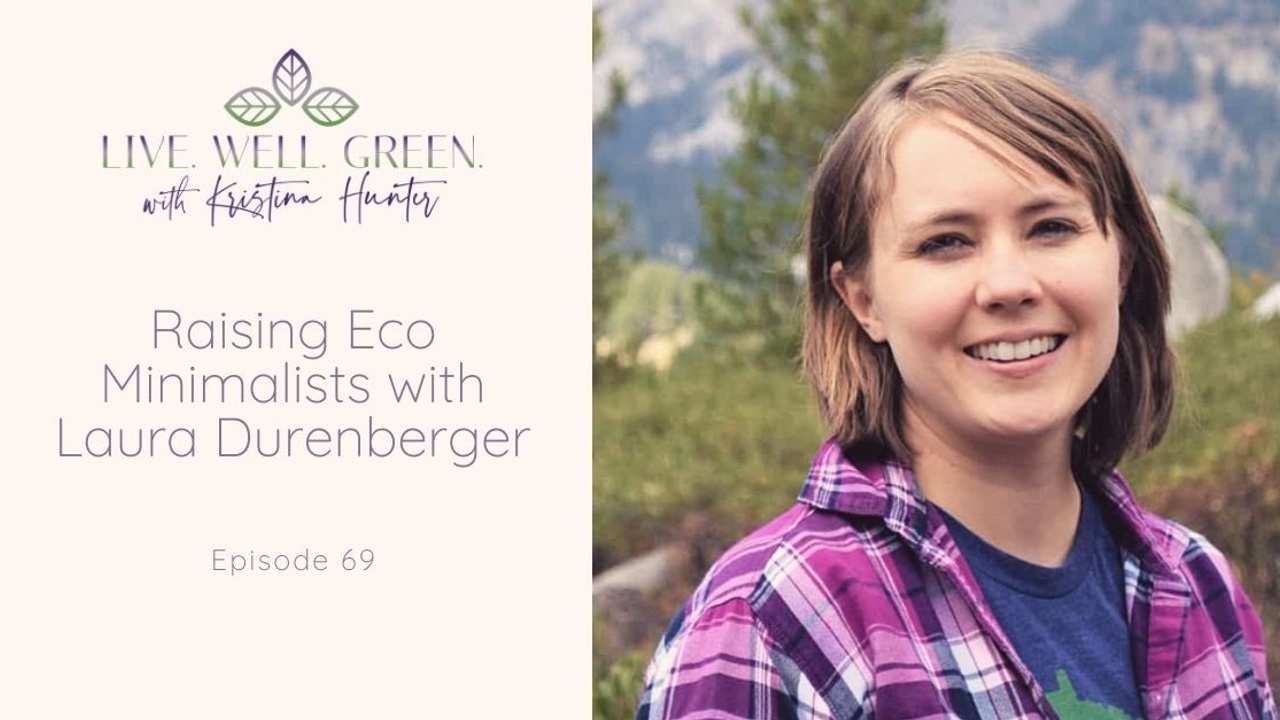
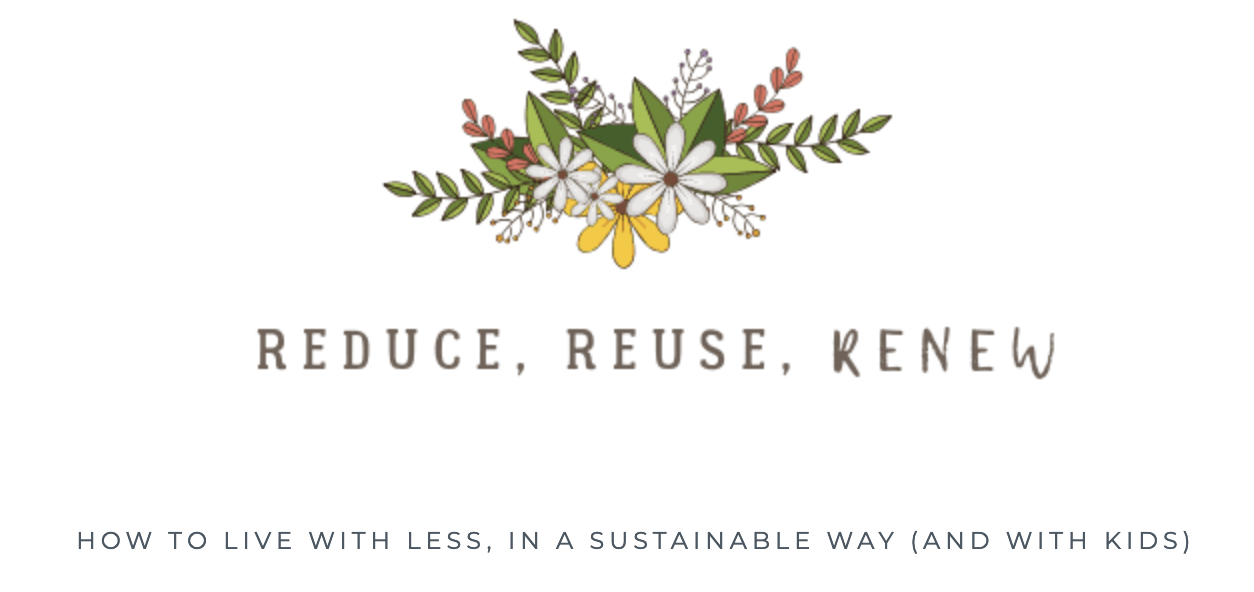
How to raise young environmentalists: Scouts and Girl Guides
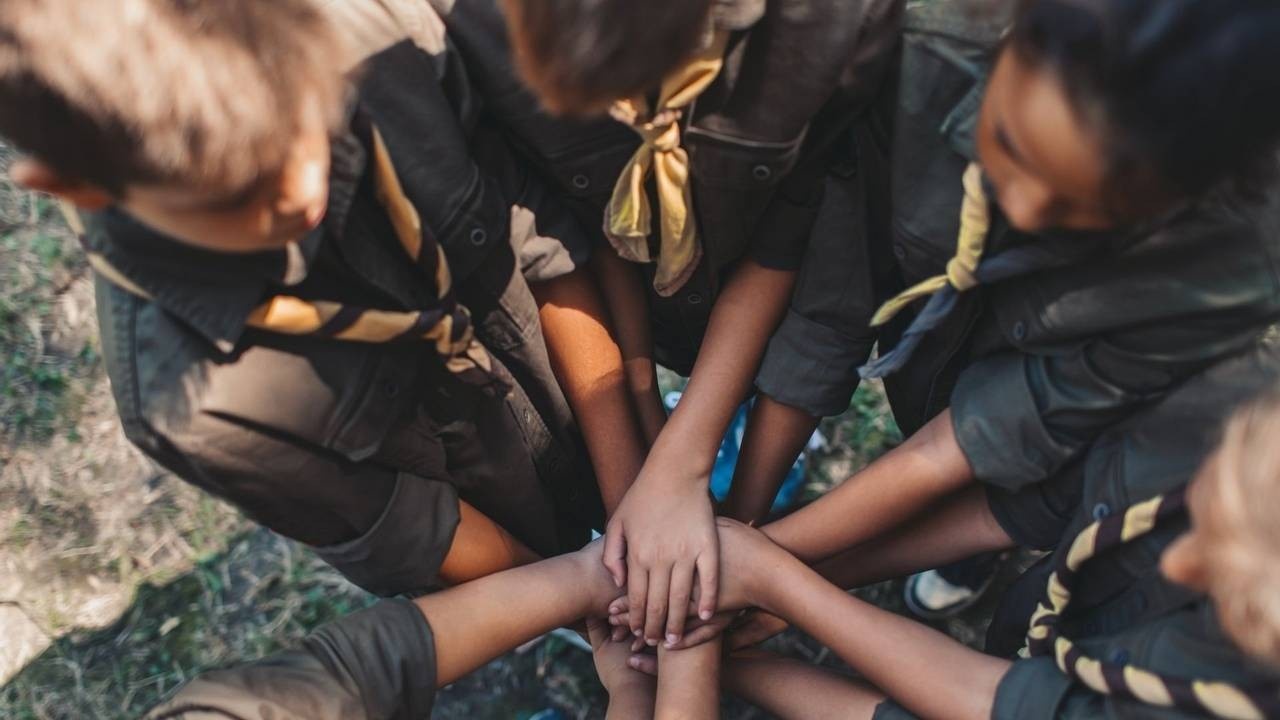
In order to address the issue of climate change, one thing the world needs is for the children of today to be the strong environmental advocates of the future. In fact, why not encourage our children to be environmentalists right now?
After all, climate activists such as Greta Thunberg have proven that young people do care about the environment and are able to contribute to the search for climate change solutions!
Now, how exactly do we raise young environmentalists?
Of course, it is important to educate children about the environmental issues we are currently facing, but doom and gloom isn’t actually the way to go when it comes to encouraging a love and passion for nature!
The key is to foster an emotional connection between children and the environment. Research has shown that compassionate concern for the natural world comes from early contact with nature, empathy for other living creatures, and a sense of fascination and wonder associated with natural elements or environments....
Learning about nature - in nature!
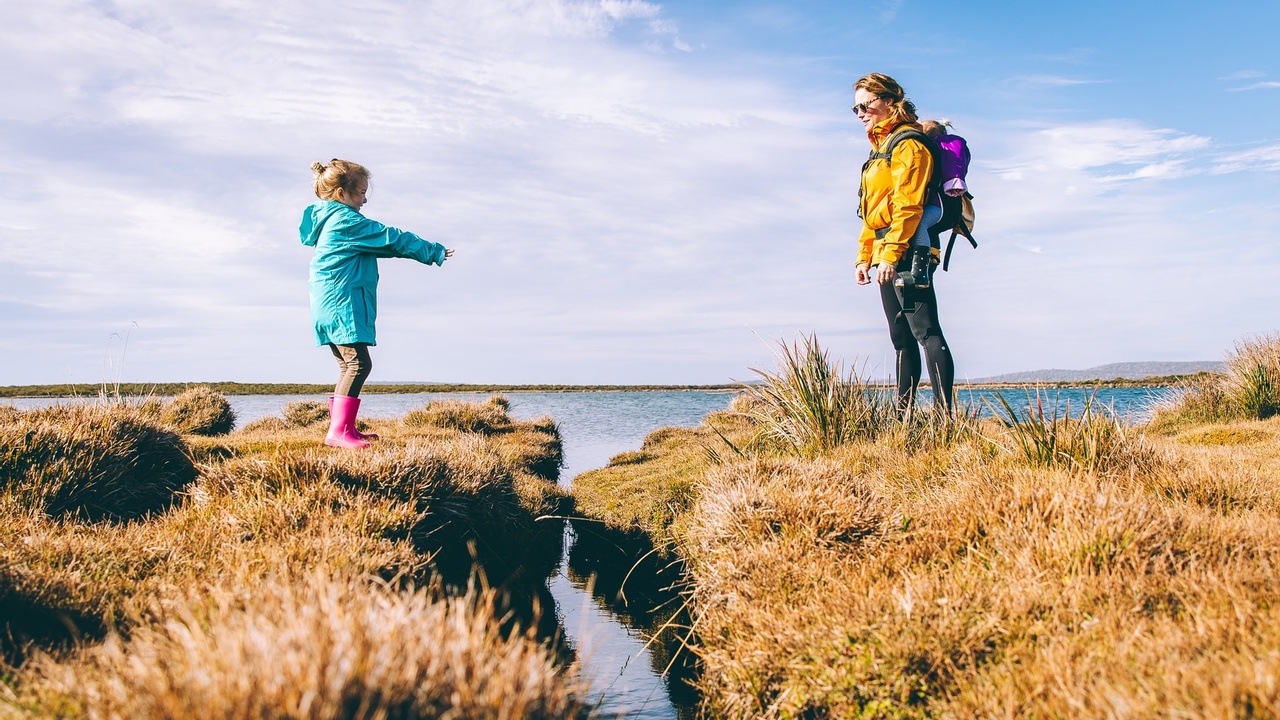
Education is one of the most important tools when it comes to protecting the environment and ensuring the health of our planet for future generations. After all, how can we care for the environment if we don’t understand how various environmental components work together to create a well-functioning ecosystem?
As David Attenborough said, “No one will protect what they don’t care about; and no one will care about what they have never experienced.”
Luckily, we have environmental education centres to help facilitate environmental learning for children and adults alike.
Nature education centres bring people together to share memorable experiences and build sustainable relationships with nature as well as each other. These centres provide the public with nature-based programming, outdoor recreation activities, facilities for environmental education, and ample opportunities to engage with the environment and learn something new!
Now, what kinds of nature education centres are out there? ...
Pre and Post Natal Sustainable Wellbeing

It is easy for new parents to feel a little overwhelmed and even scared at times when you consider all of the changes happening. Then to add on the concerns over environmental sustainability, and avoiding harmful toxins, what you should or shouldn't buy can be quite the maze!
I chatted with Kimberly McFerron, Pre and Post Natal Exercise and Education Specialist and she talked about her own experiences with navigating sustainability issues in pregnancy and with a newborn and comes up with plenty of great advice, everything from diaper pails to baby food. And all with the perspective that you don't need to do it all at once.
Focus on Essentials
Kimberly suggests that all you really need to do is focus on the fundaments of ensuring that women feel safe and supported during pregnancy and focus on the essentials of what a new baby needs, which is really their food, sleep and clean diapers.

So how does she accomplish this with an eye to living lighter on the earth? For her, th...


